Covid-19 is both threat and opportunity for Swiss biotech
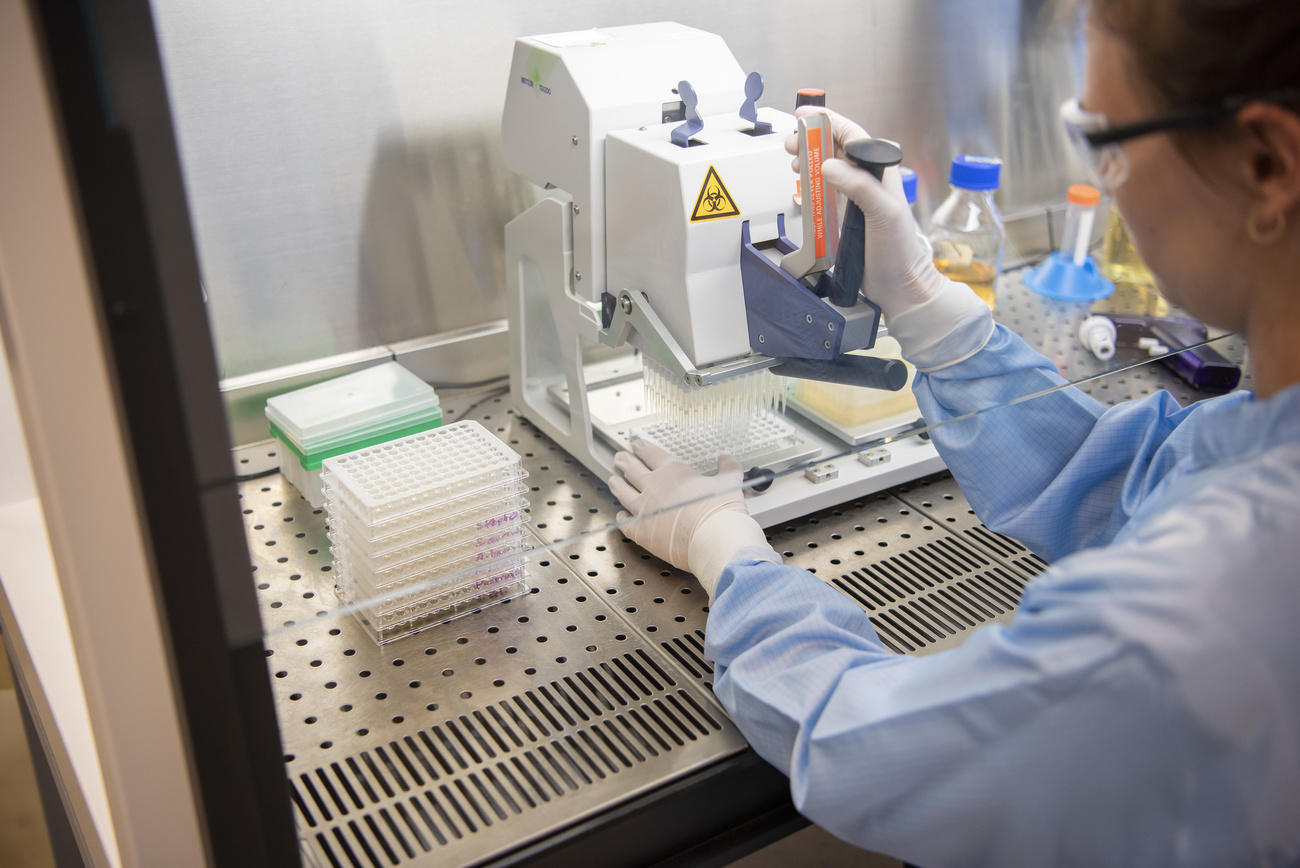
Although the coronavirus pandemic is the Swiss biotech industry’s time to shine, it has left many smaller firms struggling to survive. The head of the Swiss Biotech Association discusses the sector’s challenges and its work on therapies and vaccines.
Michael Altorfer is well-placed to weigh Switzerland’s chances of a breakthrough in the fight against Covid-19. Before becoming the CEO of the Swiss Biotech Association, he spent 20 years working in the biopharmaceutical industry, both with giants Roche and Novartis and smaller biotechs like Polyphor.

“Switzerland is well positioned to play a leading role in the response to the coronavirus pandemic,” Altorfer told swissinfo.ch. The biotech industry has long been one of the most dynamic sectors in the Swiss economy with some 1,000 companiesExternal link.
But behind the optimism is a risky, albeit rewarding, business proposition that leaves the sector highly exposed during the coronavirus crisis. Altorfer discussed the many factors at play for the industry in an interview with swissinfo.ch.
SWI swissinfo.ch: What are some of the most promising projects on Covid-19 coming out of the Swiss biotech scene?
Michael Altorfer (MA): There are at least a dozen biotech companies that are responding to the pandemic. Data is still emerging so it is difficult to judge the efforts at this stage but several have spoken publicly about their work. This includes Memo TherapeuticsExternal link, a spin-off of the Swiss federal institute of technology Zurich (ETH Zurich), that has technology to develop therapeutic candidates derived from antibodies in recovered patients.
Zurich-based NeurimmuneExternal link is working on anti-coronavirus antibodies that can be directed to the lungs of infected patients and HumabsExternal link, a Swiss subsidiary of US company Vir Technology, is also isolating antibodies.
Molecular PartnersExternal link is taking a different approach, looking at DARPin proteins that block the virus from entering cells.
None of these have been tested in the clinic yet but these companies all have experience working on similar projects.
On the vaccine side, one interesting effort is led by InnoMedicaExternal link based in Zug and Bern. The company is relying on their liposome technology to develop a vaccine.
SWI: What about from the Swiss pharmaceutical giants?
MA: Some, like Roche, are leading the way in testing for the virus or the immune response.
When it comes to vaccines and therapeutics addressing Covid-19, many of the big pharma companies are looking at whether they can repurpose already marketed drugs. If these can help Covid-19 patients, that speeds things up because they’ve already been tested and used on patients. This means that while they still needed to be tested in the context of Covid-19, many questions about potential side-effects have already been addressed.
This is for example the case for Roche, which is testing its arthritis drug Actemra, as well as Novartis, which has tests running on the antimalarial hydroxychloroquine and another drug called Jakavi, that has been used to suppresse immune reaction in severely ill patients.
Such repurposing efforts are trying to address symptoms and side effects, not the cause of Covid-19 itself.
SWI: How do you assess whether these efforts are really promising or simply a lot of hype?
MA: I start by looking at their end goal. Is it a vaccine? Is it repurposing a drug to address symptoms? All of these efforts are helpful, but they don’t require the same investment and effort.
Then, I assess how far away the company is from the end goal. For example, if they are dealing with completely new therapeutics with new chemical entities, that is the furthest away. If they are already in the clinic, it takes less time and even less if the company is focused on repurposing drugs.
SWI: What is a realistic timeframe for Covid-19 vaccines or treatments to be available?
MA: Even the optimists say it will take a year and half before a Covid-19 vaccine is ready. US company Moderna Therapeutics’ work on a vaccine is the one I hear about the most. They expect something available early next year. In Switzerland, a research group at the University of Bern has announced an even more aggressive timeline.
In normal times, if you start from scratch with a novel type of compound to address an unmet medical need, it usually takes 10 to 15 years before it is on the market.
Even then, the success rate for projects that start in the research phase is only 1 out of 100. That means only 1% will make it to the market. Even if you enter the clinic after five or six years, you still only have about a 1 out of 10 chance of making it.
SWI: How is the pandemic affecting the industry more broadly?
MA: The strengths of the Swiss biotech industry will not disappear because of the coronavirus crisis. However, it faces a lot of uncertainty because of the delays that are simply an unavoidable side effect of the pandemic. Many companies are in the middle of a financing round and are fighting to survive. Investors will need to be patient and forgiving.
It is almost impossible to launch clinical trials right now that provide investors with the data they need. Many companies have had to abort animal testing because facilities aren’t running the way they used to. With universities closed, many research partnerships are also on hold.
This means that companies are burning through money every day and not getting a step closer to the next financing round. It is not just lost time. In some cases, companies will have to redo all of the testing because there is a risk that a patient gets infected with Covid-19 and has to drop out of the trial.
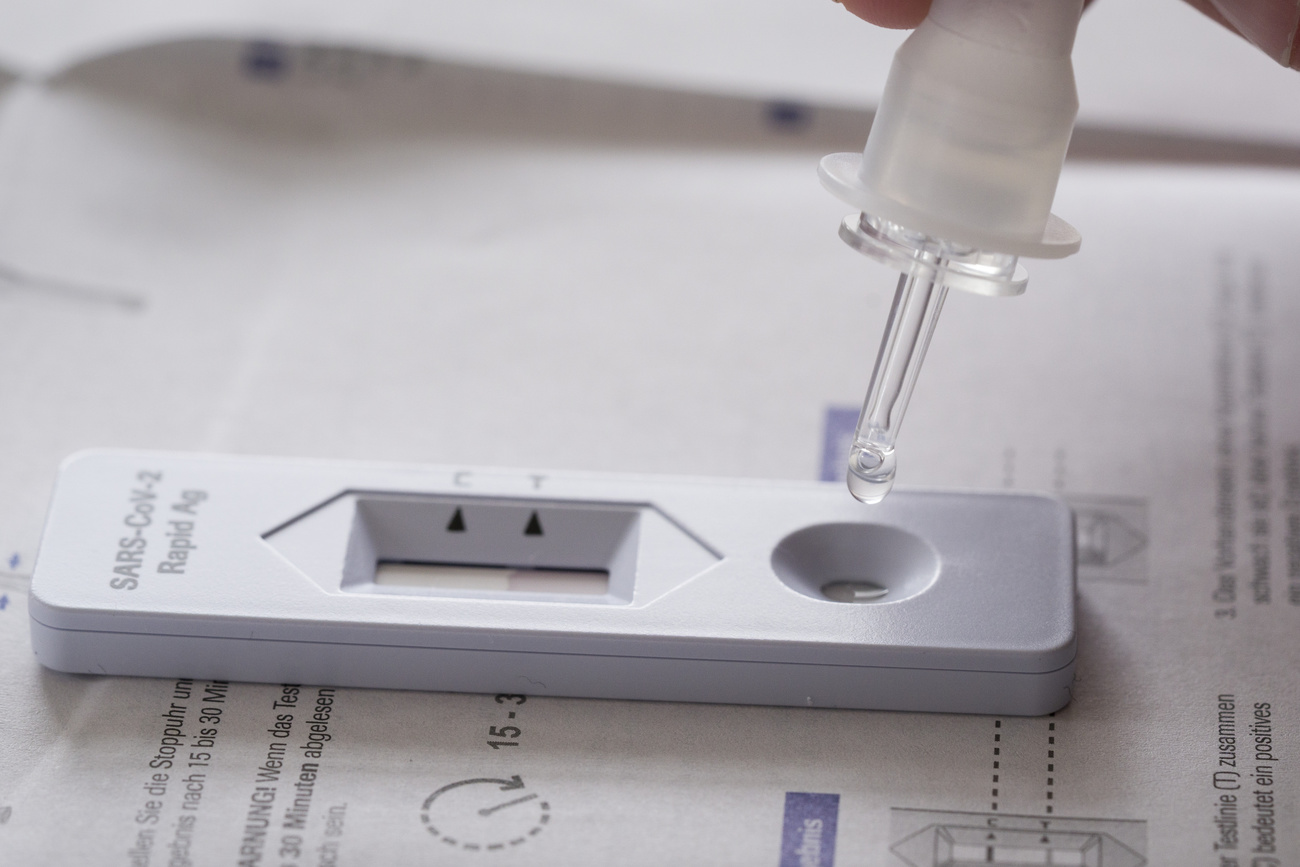
More
Coronavirus: the situation in Switzerland
This is especially worrying for the 60-70% of biotech companies in the country that are in limbo – meaning they are neither a start-up nor are they generating revenue. These companies are particularly exposed and don’t have access to the federal emergency loans.
While some cantons have promised some complementary support measures, it isn’t clear what these will look like. Most likely these will be nowhere near the amount these companies require as some spend half a million to 5 million francs per month and with virtually no income.
It isn’t just jobs in companies that are at risk. But some two-thirds of financing goes to third-party providers such as research partners.
SWI: Do you think this pandemic will change the biopharmaceutical industry?
MA: I do. I don’t know how sustainable it’s going to be though.
SWI: How so?
MA: I think there has been clear recognition, particularly in Europe and the US of the co-dependency in supply chains on China and India. In antibiotics, we are almost 100% dependent on these countries.
Many countries realise how vulnerable they have become by saving a few bucks and producing such compounds somewhere in the world.
I also think there will certainly be more people that are open minded to higher pricing in this field. If you look back 10-15 years ago, antibiotics in some countries were 10-15% of total drug expenditures. Now, they don’t even show up on the graph because it is such a small portion.
It is important that we continue to get a price for these products so that companies that are successful in bringing the 1% of research projects to the market can pay for all the failed projects and they continue to attract investors.
I also think this pandemic is going to change the public discourse around difficult questions such as about how much a life is worth or what we’ll pay to extend a life by a couple of months. Do you use the full treatment option on somebody that is 100 years old or not? Ultimately what is doable is not necessarily what we can afford to do.
These questions are not for the industry to decide but the public discourse needs to answer them.

In compliance with the JTI standards
More: SWI swissinfo.ch certified by the Journalism Trust Initiative

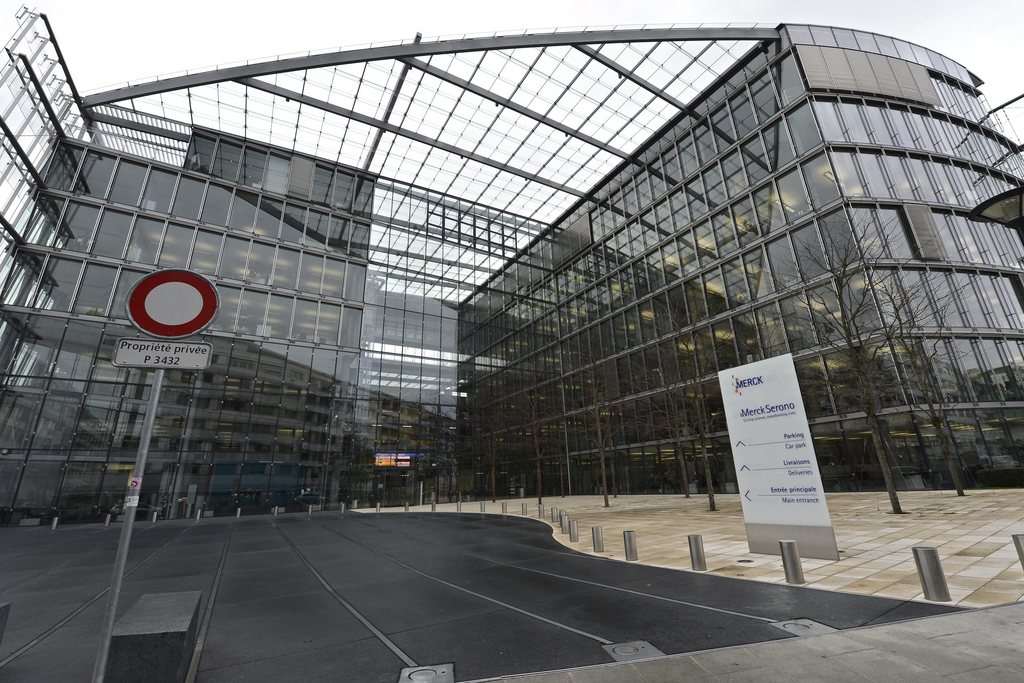


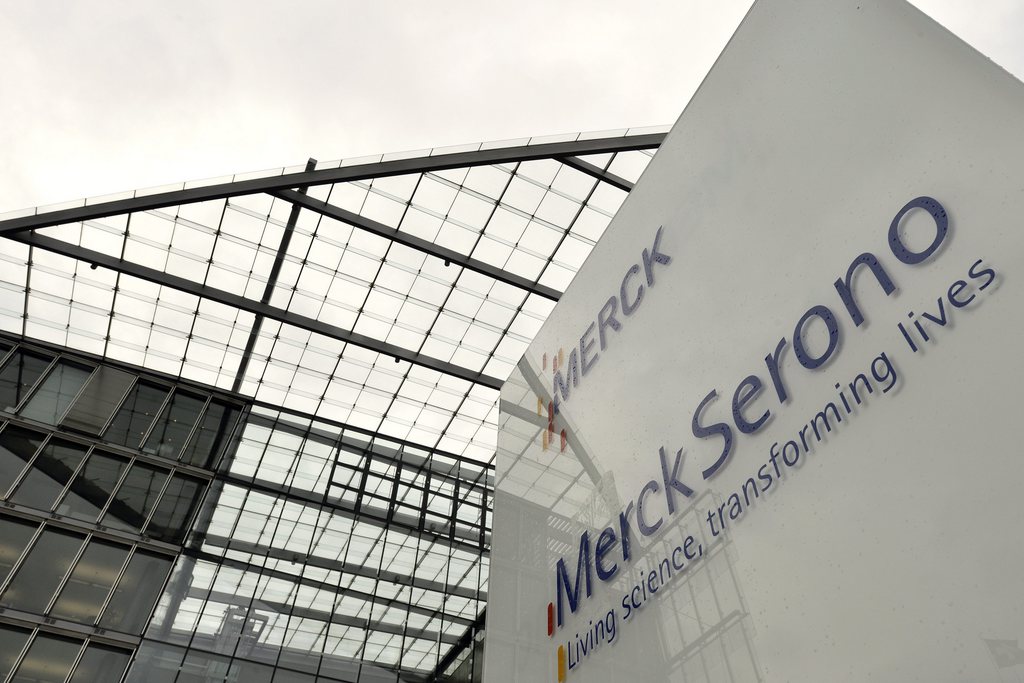
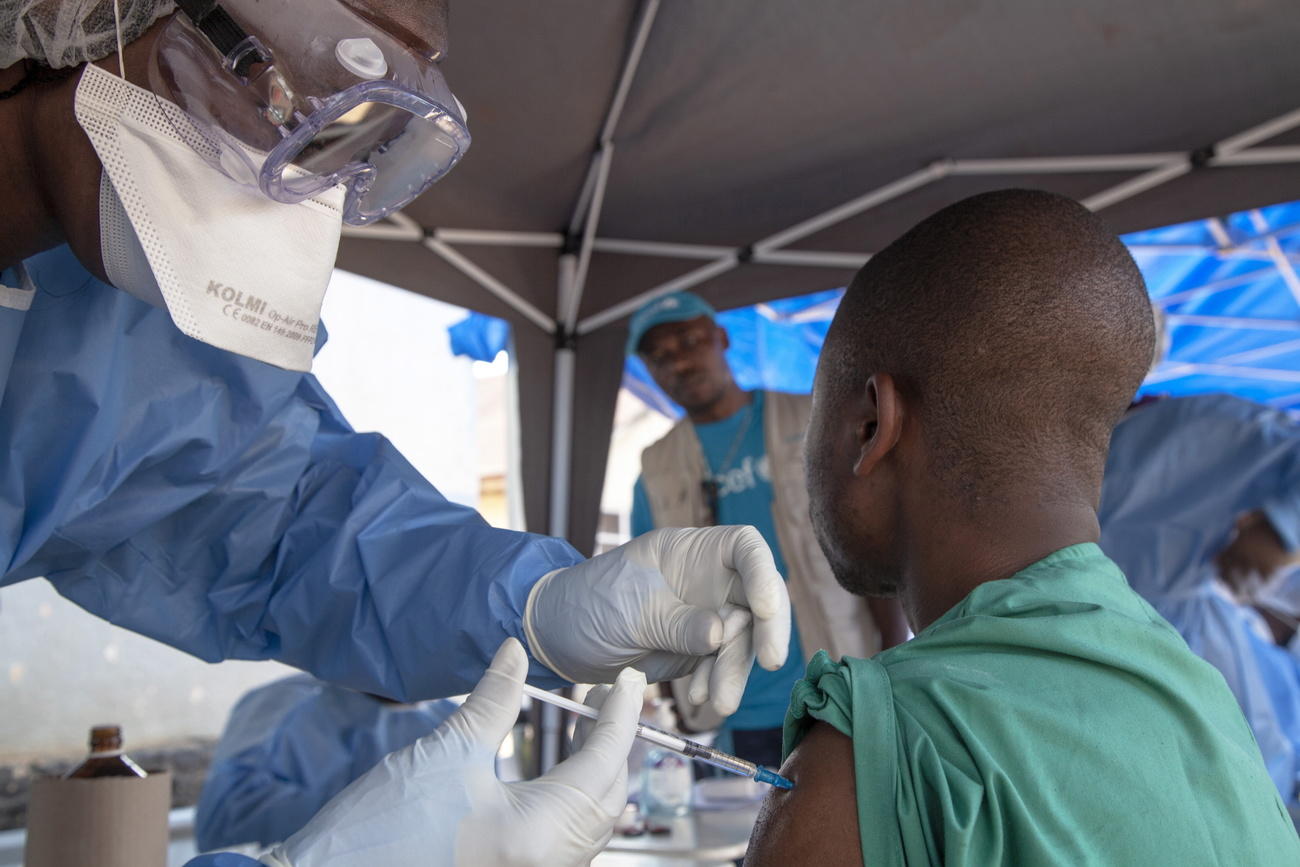
You can find an overview of ongoing debates with our journalists here. Please join us!
If you want to start a conversation about a topic raised in this article or want to report factual errors, email us at english@swissinfo.ch.